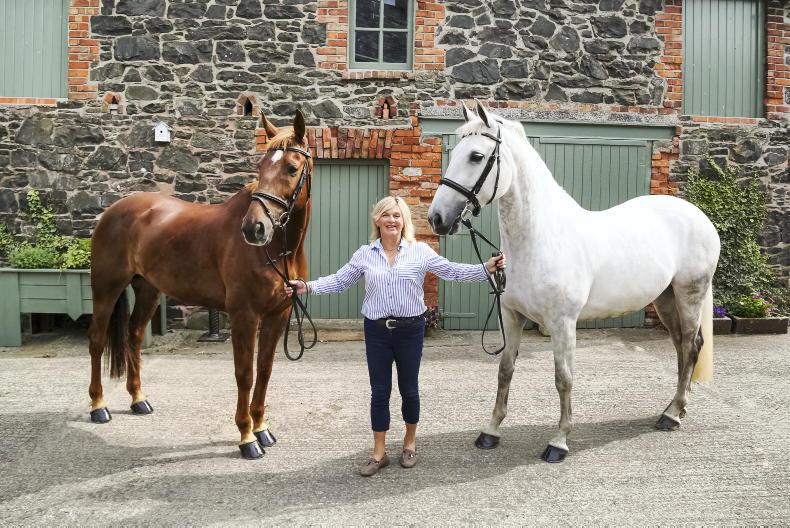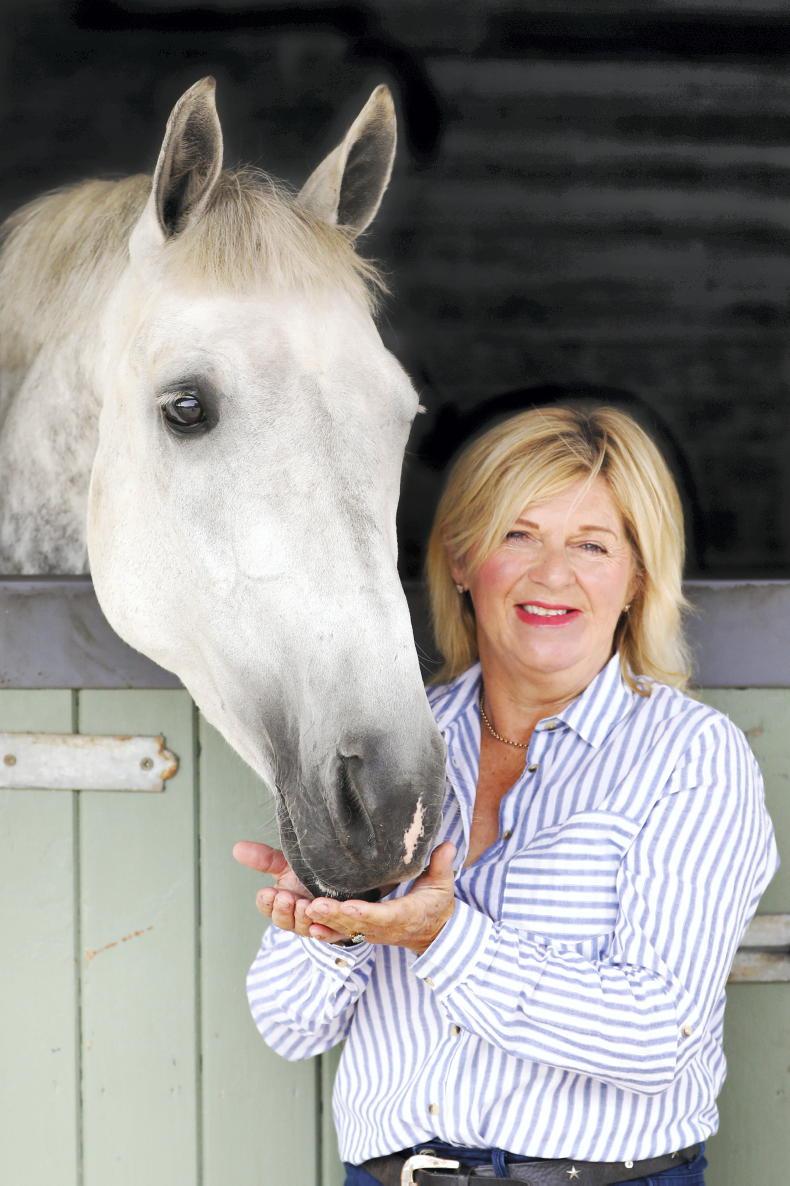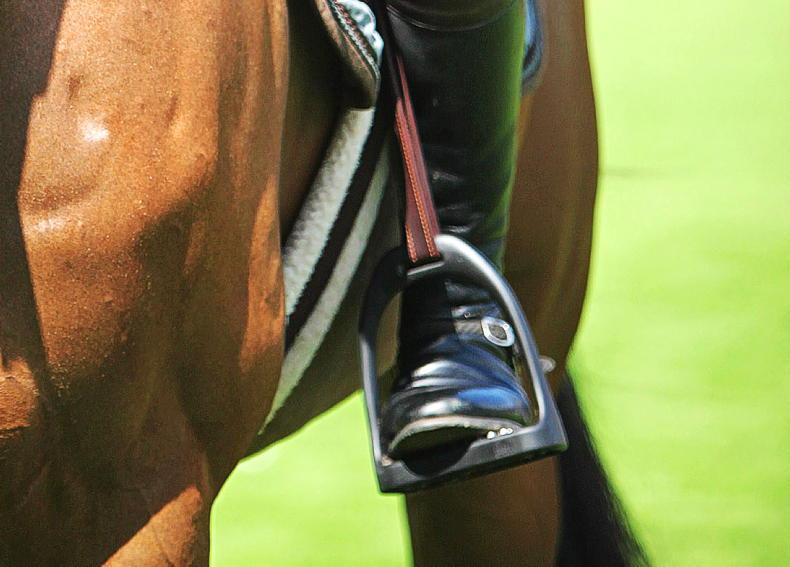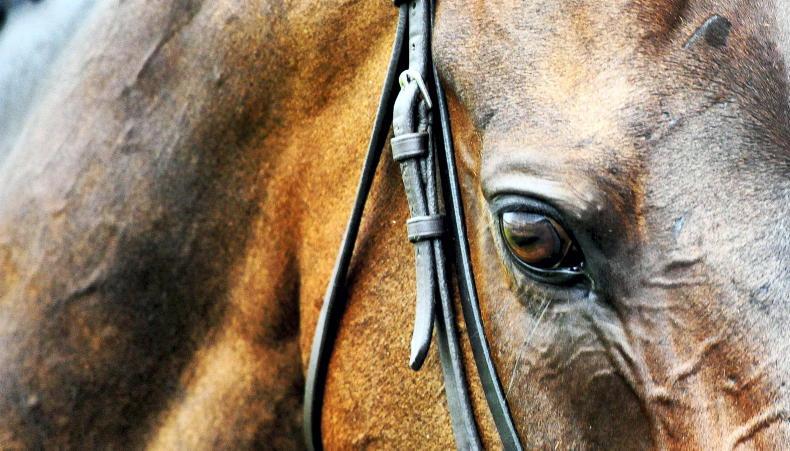WHEN an athlete competes, their years of practice are finally tested. They train for many hours to perform at their very best aiming to achieve their goal in the specific competition. Along the way to achieving their goal, they will be met with many challenges and will undoubtedly have to be flexible and resilient on the journey.
However, for the equestrian athlete we must also consider their partner - the horse – and therefore, more challenges and variables can be expected. The rider has the added pressure of ensuring correct training for athletes and horses to perform at their peak. It’s a unique partnership to master, involving discipline to ultimately be successful in the competition they are targeting.
In this article, I will provide some tips through my sports psychology lens. I am a fully qualified equestrian performance coach and initially became interested in sports psychology after a freak accident whilst riding at home. Needing to rebuild my confidence, I soon realised that there was no specific equestrian focused support in Northern Ireland. I saw the gap and completed the Centre 10 Applied Psychology course, a game-changer in my coaching.
Keeping riders in the saddle is my passion, enabling them to deal with nerves when competing and building their confidence. I am a keen believer in goal setting and I facilitate in-person and online sessions via Zoom to support my clients’ progression.
Preparation is the starting point; the rider must have the drive and ambition to achieve, committing to a process of creating good habits to form a pathway to success.
Next, their self-belief must be secure, guided by their knowledge and past performance. Finally, they must be confident in good decision making and problem-solving, always revisiting their achievements and referring to their original goals.
To do this effectively the athlete will have to examine their daily habits - do they need some guidance from a personal trainer? Would they benefit from some physiotherapy? Or perhaps they need to set time aside for themselves rather than become too immersed in their training?
Performance
In the run-up to major competitions athletes should be aware of their mental state when put under pressure. Focusing on what they want to happen and keeping in mind what their process goal is. Athletes must stretch themselves; getting comfortable with being uncomfortable. Stepping out of their comfort zone will achieve the most significant growth. Developing focus is key; creating a quiet eye for calmness, acting deliberately, being unaware of others and being completely in the zone. This ‘quiet eye’ takes time to develop, but working with a trained coach will enable riders to identify their personal triggers and develop a personalised process during a round of show jumping or a dressage test.
Reinforcement
Setting mini-goals that are easily achievable in the short term can really boost confidence and consolidate the rider’s self-belief. Too often doubts creep in; we don’t believe we are good enough or think we don’t belong, and this is the danger zone where we get caught in a cycle of mistakes. Through positive repetition anxiety levels drop and they can focus fully on the task at hand. Should things not go so well, it’s important to look at these occasions as a chance to learn and develop rather than see them as a failure. It is so important to embrace and celebrate success and accept compliments on your achievements.
Maintaining routines when under pressure can help prevent mistakes from being made. Warm-ups should be repetitive; where everything is kept, how you walk the course, who you walk with and sticking with your plan. Watching others can be reassuring; however, walk away if it’s affecting your mindset. If you’re getting confused about striding or how to ride a particular fence, ask one person whose opinion you trust and trust your gut feeling.
It is useful after the event and after a good session with your coach to assess what went well; what do you attribute this success to be down to? Do you need to reassess your goals and timeline? Celebrating the process goals is so important as it’s not all about the colour of the rosette. Focusing entirely on winning directly interferes with the ability to perform effectively under pressure.
Your performance mindset is the secret to success. Did you start the day with positive self-belief and visualising success? It doesn’t have to be at a competition; an outing with a new horse, a lesson or a high-performance workshop are opportunities to practice thinking positively. Did you recognise a trigger that made you feel anxious? If so, lookout for that next time, acknowledge it and move on.
Working with an equestrian performance coach will take your riding to the next level. I have given some tips and advice above, but if you would like a personalised plan tailored to your specific goals, please do get in touch with me at www.heathergrahamcoach.com.


 This is a subscriber-only article
This is a subscriber-only article
 It looks like you're browsing in private mode
It looks like you're browsing in private mode










SHARING OPTIONS: